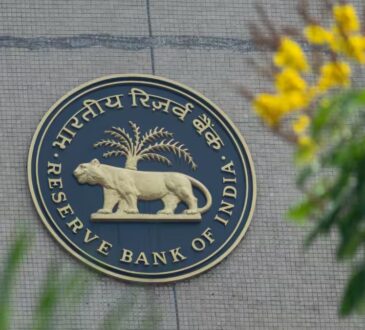A targeted US military strike on Iranian military assets has reignited geopolitical risk in global markets, and the immediate fallout is being felt most acutely across emerging Asia.
Asian currencies, equities and bonds are under renewed pressure as investors price in higher energy costs, a potential capital exodus and a delayed path to monetary easing.
The Bloomberg Asia Dollar Index dropped 0.3%, its largest single-day decline in weeks. The South Korean won and Indonesian rupiah led regional currency losses, while equity markets from Manila to Seoul posted declines.
The driver is oil. Brent crude has surged toward US$80 per barrel on concerns that the confrontation may escalate and disrupt crude flows through the Strait of Hormuz.
Nearly a third of all global maritime oil passes through that narrow chokepoint. Any material disruption to this corridor will have a disproportionate effect on Asia, which imports the overwhelming majority of its energy.
India, for example, imports more than 85% of its crude oil. Indonesia and the Philippines are similarly exposed. South Korea, Japan and Thailand-all manufacturing powerhouses-are highly sensitive to fuel costs.
Any sustained increase in crude prices will directly impact consumer inflation, industrial production costs and current account balances.
Bond markets have begun to reflect this risk shift. Yields on Indian, Indonesian, and Thai local currency bonds are rising as investors adjust for the dual risk of rising inflation and capital outflows.
MENAFN23062025000159011032ID1109712475
Legal Disclaimer:
MENAFN provides the
information “as is” without warranty of any kind. We do not accept
any responsibility or liability for the accuracy, content, images,
videos, licenses, completeness, legality, or reliability of the information
contained in this article. If you have any complaints or copyright
issues related to this article, kindly contact the provider above.




